Currency in Cuba – Money and Travellers advice [2025]
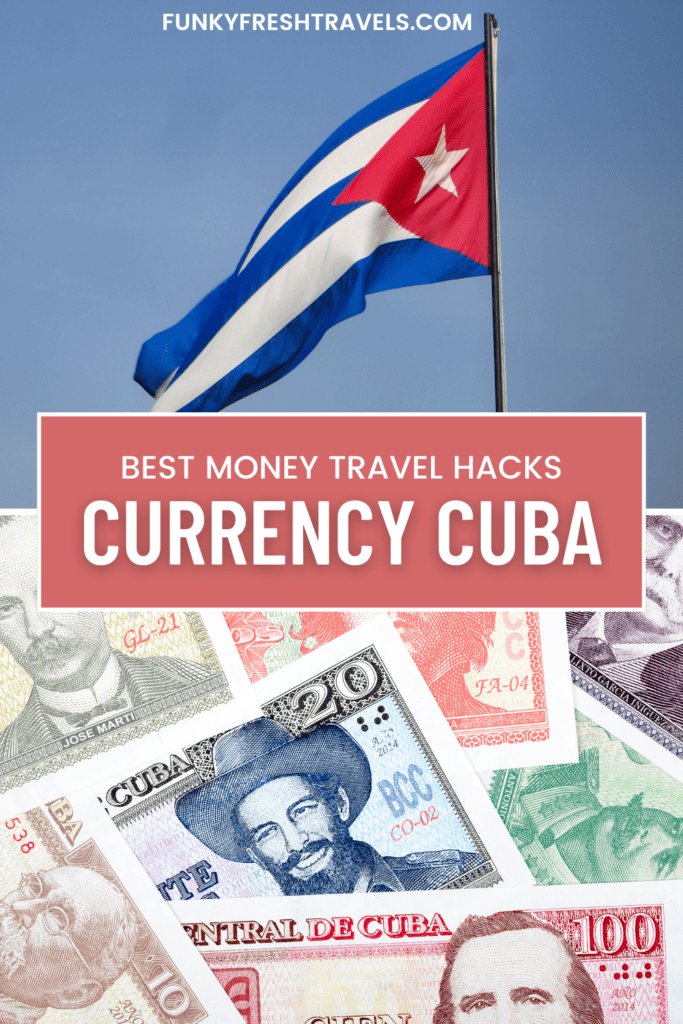
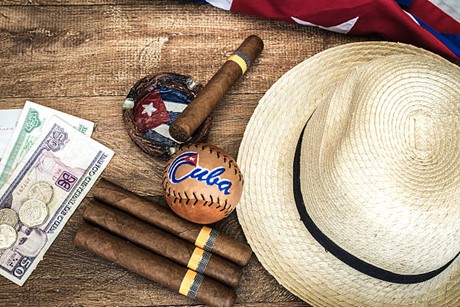
As I said in one of my previous articles, my trip to Cuba almost became a nightmare . I found out that my bank forbid all the transactions from this country, including debit card withdrawal . You can’t withdraw anyway as the banks are old and not working and card payment are not accepted ( there is no WIFI in most of the restaurants for card machine ) . So I really advice you to bring american dollar. USD is the best way to spend , it has actually more value that the national currency.
I dealt with both ( national currencies and foreign currencies ) and with the national it is always complicated , especially in the tourist areas, as you never know about conversion fees and you might even get ripped off . Because unfortunately there is a lot of scams happening in Cuba ( cigars, change rates, overpriced services etc … )
Surprisingly, Cuban peoples prefer the USD, has it has more security and less up and down value .
PLAN OF THE ARTICLE :
- How to organize your trip as a traveler in Cuba regarding the money
- Currency used in Cuba : dual currency system
- Tips for travelers : How to travel to Cuba?
- What is required to travel to Cuba?
- Places to Stay
- Purchase insurance for Trips & medication and print Them Down
- Review The Money and pack Plenty of Cash

How to organize your trip as a traveler in Cuba regarding the money
⚠️ Don’t forget our complete guides about Cuba
✅Cuba’s food and national dishes
☝🏻 And way more about the world
🔍 Just type the topic / country you choose in the search bar for all our articles
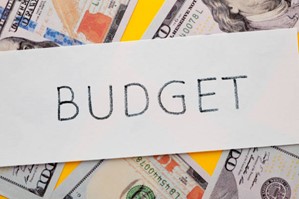
It seems as though you are traveling through time to arrive in Cuba. Dazzling chrome and pristine paintwork adorn deep blue Chevrolets and blazing scarlet Fairlanes drive past dilapidated seaside houses in Havana.
The rhythm of rumba permeates the atmosphere. People congregate on their colorful homes’ stoops, mingling with their neighbors and seeing children playing in the street. You can feel the energy.
Cuba is seeing a transformation as a result of the revolution, the collapse of the USSR, and an oppressive embargo that formed its turbulent past. Every town has digging and hammering, which is evidence of the tremendous growth taking place here.
You wont find any ATM or cash machines at Havana airport . Bank card wont work . The local banks are old and almost impossible to withdraw money, money transfers are forbidden,
So foreign money, and especially u.s dollars as best currency is more than welcome in the street of La Habana and on the rest of the island .
⚠️ SO PLEASE PLAN YOUR BUDGET AHEAD AND BRING SOME FOREIGN CURRENCIES , PREFERABLY USD ⚠️
Currency used in Cuba : dual currency system
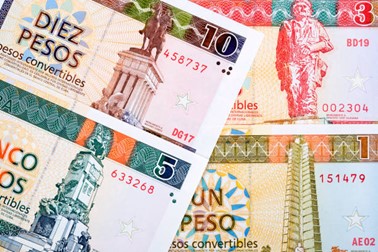
There are two currencies in Cuba: the Cuban Peso, which is the native currency, and the Cuban Convertible Currency, also known as the tourist money. Local currency is very bad, many taxi drivers don’t accept it and the official exchange rate is really never the same, so peoples like street food stalls always try to rip you off . Cuban currency works, but it is dodgy, with often a black market rate.
In 1994, government officials implemented the two-currency arrangement as a means of addressing a faltering economy. The original purpose of the Cuban Convertible Peso, intended to be utilized for high-end products and the travel sector.
These days, only tourists utilize it, with USD 1 equaling 1 CUC. For residents, one CUC is additionally equal to twenty-five Cuban Pesos. It is therefore unclear which money is appropriate to bring to Cuba even if both are accepted there.
Tips for travelers : How to travel to Cuba?
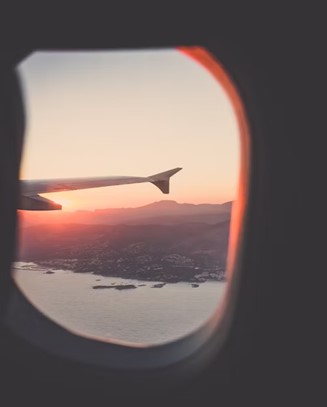
The only feasible option to go to Cuba is via plane, yet the cost of a ticket might vary. To get the best offers, book long in advance. September and October are especially good months to get lower prices. (Remember that the height of the storm season falls during these months.)
Beginning on November 1st, prices grow steadily until the conclusion of the calendar year.
Steer clear of the peak travel season, which runs from November to March.
In the colder months, when a large number of Canadians arrive, rates rise; they peak during the holiday period and New Year vacations.
June, September, October, and May are the best months to book a lodging option if you are okay with some rain and the occasional seasonal shutdown.
What is required to travel to Cuba?
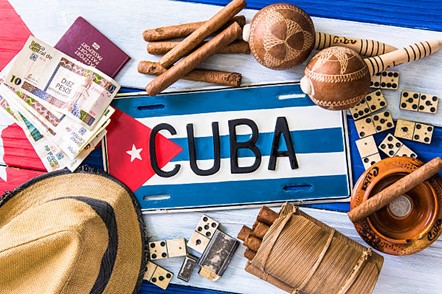
Most visitors to Cuba need to have a passport that is up to date and has at least six months left on it when they enter the country, as well as a ticket back home, travel insurance that covers medical expenses, reservations for lodging, and a visa for tourism.
You will need to provide proof of the return trip to receive the visa, which may be obtained at the Cuban embassy and consulate in your nation’s capital or through any of the numerous specialized travel firms.
I got mine at Cancun airport just before leaving and it did cost me $50 USD ( it was part of the airline check in )
You will need to provide the visa, your confirmed lodging, your itinerary, and proof of travel insurance when you arrive. It is not necessary to arrange reservations for lodging for the entire journey; only the initial couple of nights would be adequate.
Be aware that before starting, certain airlines may need you to present proof of insurance for travel. It is advised that you buy one well ahead.
Places to Stay
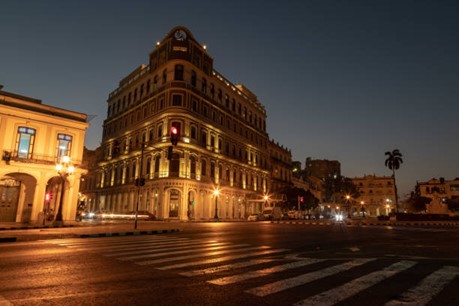
Travelers visiting Cuba have a choice between services provided by the Cuban governmentand private companies. Generally speaking, using private enterprise will usually result in a better package and greater quality, especially when choosing where to stay.
In Cuba, motels are completely or partially controlled by the government (although some are run by international firms).
The Saratoga and the Nacional are two exquisitely restored historic hotels in Havana that were constructed before the Revolution and may be well worth the additional cost.
However, staying in the houses of actual Cuban citizens—a type of lodging known as a casa particular—offers a genuine flavor of Cuban culture. A fantastic spot to dine is a casa: nearly all of them serve hearty, delectable breakfasts for around 5 CUC per individual.
The majority of casas also provide dinner service, which features some of the more delicious, large, and reasonably priced feasts in Cuba. Frequently meals intended for two appear to be plenty for an entire household of four or more.
While Airbnb is a trustworthy option, it’s not the only one for pre-booking and payment of a certain casa.
Purchase insurance for Trips & medication and print Them Down
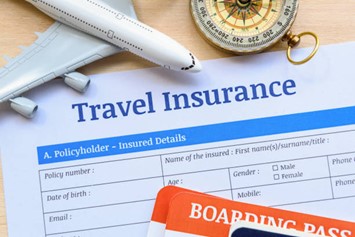
Having health coverage is a must when visiting Cuba. Airport security may conduct arbitrary searches, so be sure to have a written copy of your health insurance information.
Fortunately, Cuba specializes in the field of healthcare, offering exceptionally high-quality medical training. Actuality, among Cuba’s main exports is medical personnel to nations in Latin America.
⚠️ So please get a travel health Insurrance if you don’t want any issues ⚠️
Review The Money and pack Plenty of Cash
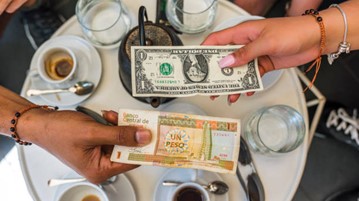
Cuba’s economy runs on cash. Not many eateries, lodging establishments, taxis, or tour companies take debit cards and credit cards. No visa credit cards, no American Express, only cash payments .
Thus, it’s critical to withdraw and save a sizable amount of cash. Merchants take US dollars, euros, and Cuban pesos.
Obtaining Cuban Pesos might be difficult at times since banks & CADECAs possess erratic business hours and small communities sometimes lack ATMs. Cuban banks are old and there is queues in front of ATM . The banco central de Cuba is still Stuckey in the 80’s.
Thus, get out a few early. As long as you take reasonable measures, you should not have any problems being separated unlawfully from your pesos in this safe nation.
There are five cashiers in the customs area of Havana International Airport, while there is an additional one on the upper floor. In addition, there are a few banks plus a CADECA, both of which have long lines.
Accept payment in Canadian dollars.Due to Cuba’s restricted currency, you can only convert foreign cash into CUC after you are there. You may do this at your hotel or the foreign currency exchange counter at the airport.

If you travel to Cuba with US dollars, you may convert them into Cuban Pesos from CADECA as well as on the black market. Yet, no government-owned establishment in Cuba accepts US currency.
Additionally, debit and credit cards manufactured by US banks are not accepted.
Depending on who you trade your US dollars with, the worth of your Cuban Peso relative to the USD will change.
Moreover, CUP may be obtained using your bank card at ATMs. Always advisable to carry enough cash for your visit, as the amount of money accessible from ATMs and Cadeca conversion houses may be restricted.
More people take USD and Euros over Sterling. There shouldn’t be any rips, tears, or marks on bank notes. The exchange of Scottish banknotes is not possible.
Before you depart Cuba, you have to use up all of your pesos. They truly need their payments because they are now experiencing an economic crisis. Furthermore, it is against the law in Cuba to take pesos beyond the country.
How I did with money during my trip in Cuba ?
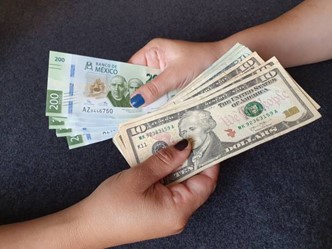
My trip to Cuba almost became a Nightmare . My bank did block my access to my online bank due to the country situation . I had some money from united states, but my bank cards didn’t work. So it was basically stuck ! Luckily, the owner of the guest house I was in was Spanish and had a PayPal account ( because international money transfer to a Cuban account is forbidden ) . So he gave me Cuban money after transfer .
Financial institution couldn’t give me money , so I change half of my USD in Cuban peso at official rate and luckily I had a little bit of Mexican peso too.
What saves me was that I did manage to book and PAY online my accomodation on Hotel.com ! None of the other sites were actually working . So I got very lucky
So if you are going to Cuba, it would be a good idea to forecast your budget and bring money !
IN A NUTSHELL / IMPORTANT INFORMATIONS :
- ✔️ Make sure to have your visa before leaving ( most airports and airlines give into you, but you must double check)
- ✔️ Forecast your budget and bring a lot of foreign currency , preferably USD
- ✔️ Travel insurance is compulsory
- ✔️ No card, almost no ATM
- ✔️ Almost no WIFI ( only at your guest house )
- ✔️ Beware of the scams in the streets
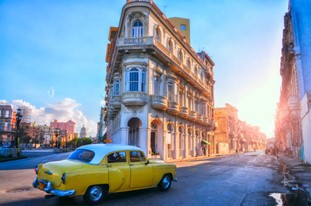
WHO AM I ?
Hello !
I am Eric, a French Australian citizen based between Australia, Asia and Bali an I love to travel and experience the world. I generally like outdoor activities, wellness, great food and venues , party and real local adventures ! I am a Yoga practitioner and fitness lover
I created this blog because I love to travel and I want to share my experiences with others. I’ve been traveling since I was a child, and I’ve been to over 50 countries. I’ve seen some amazing things and met some amazing people, and I want to help others experience the same things.
I believe that travel is one of the best ways to learn about the world and about yourself. When you travel, you’re forced to step outside of your comfort zone and experience new things. You learn about different cultures, different religions, and different ways of life. You also learn about yourself, your strengths, and your weaknesses.
Travel can also be a great way to make new friends. When you’re traveling, you’re surrounded by people from all over the world, and you’re all in the same boat. You’re all there to explore and experience new things, and that can create a bond between people.

Uyuni Salar, Boliva
Let’s connect together !
I hope that my travel blog will inspire others to travel and to see the world. I also hope that it will help people to learn about different cultures and to become more open-minded.
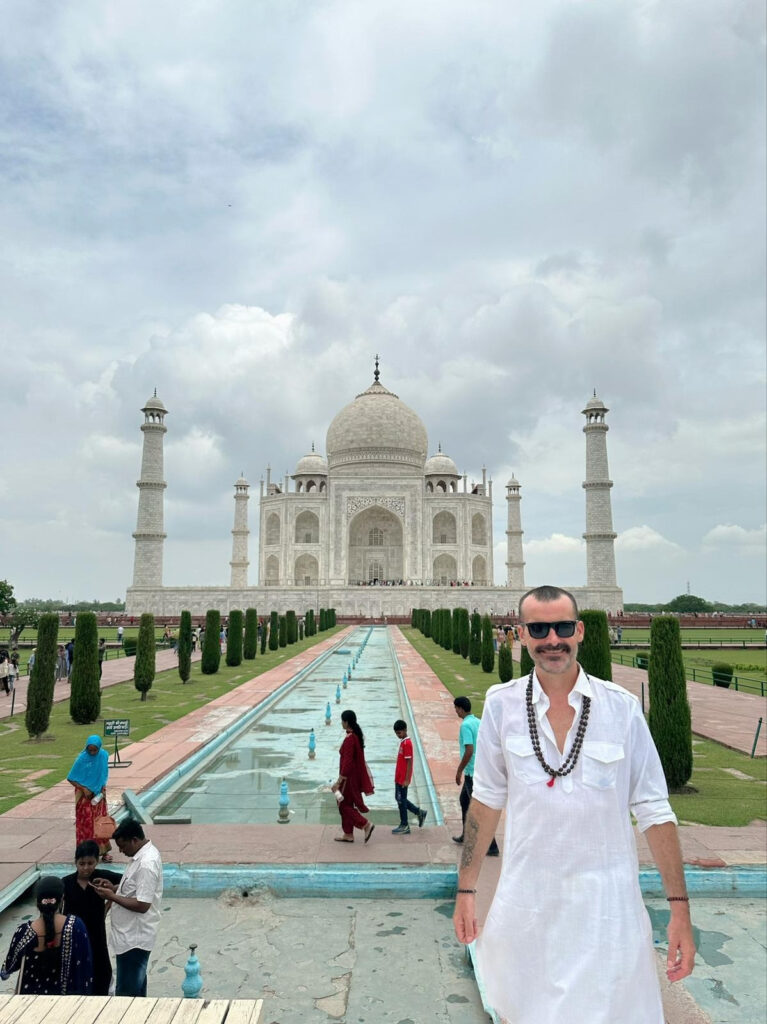
Taj Mahal, Agra, India
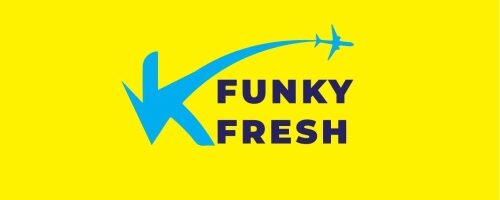
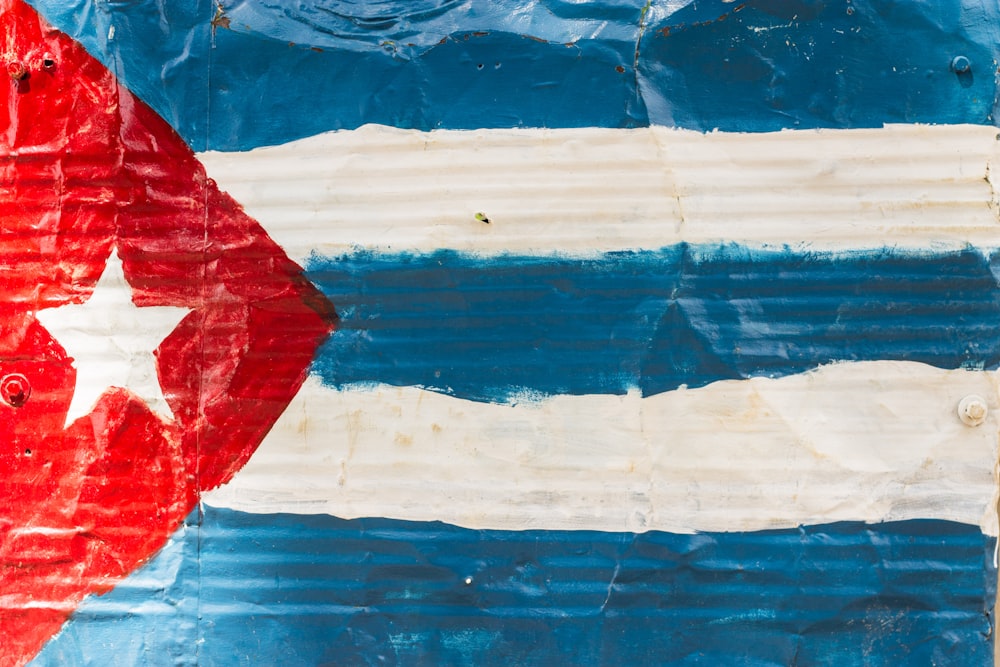



![7 Days Itinerary for Cuba [Ultimate guide 2025]](https://funkyfreshtravels.com/wp-content/uploads/2024/05/Picture2-9.jpg)
![Best Time to Visit Cuba: Weather, Food, Festivals [2025]](https://funkyfreshtravels.com/wp-content/uploads/2024/05/Picture1.jpg)